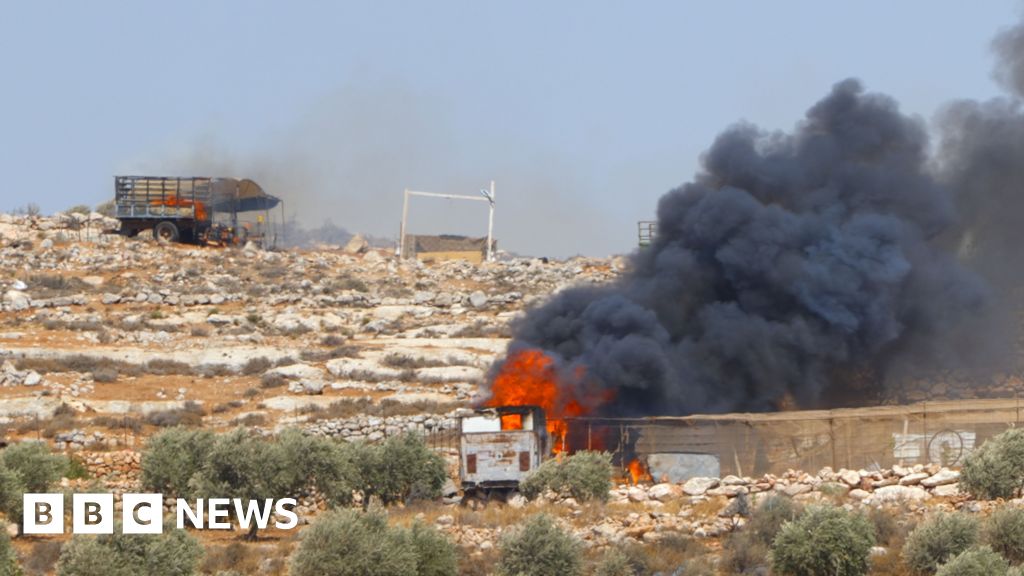
Introduction: A Land Steeped in History and Conflict
The West Bank has long been a focal point of tension in the Israeli-Palestinian conflict. Recently, reports of escalating violence against Palestinian farmers and their properties have highlighted the struggles faced by local communities as they fight to preserve their livelihoods and heritage. This article provides insight into the challenges faced by families in the region, focusing on the events near Turmus Aya, where settlers have been accused of coordinated and destructive attacks.
The Olive Groves at the Heart of the Fight
Olive trees are more than just plants for Palestinian farmers; they are symbols of heritage, ancestry, and resistance. Families like Brahim Hamaiel’s have farmed on the same land for generations. Brahim, whose olive trees were reportedly destroyed by settlers, shared his perspective: “There’s fear, but my attachment to the scent of my ancestors and the land drives me to stay.”
Destruction Spreads Quickly Amidst Escalating Clashes
In recent weeks, incidents of settler violence have multiplied, with reports of homes, livestock, and farmland being destroyed. Brahim’s neighbors and other Palestinians have tried to resist these assaults, using minimal resources to protect themselves. However, the settlers are often armed, creating an imbalanced confrontation. The situation becomes further complicated by the standoff between Israeli forces and local residents, with emergency crews frequently blocked from providing aid.
The Broader Implications
Humanitarian groups, such as Peace Now, have reported a marked increase in settlement outposts and aggression since October 2023. The tactics used—such as destroying olive trees, setting fires, and targeting farms—appear intentional, aiming to displace Palestinians and cement territorial claims. These actions, combined with government initiatives to authorize thousands of new settlement units, have raised serious concerns globally.
Hope Amidst Turmoil
Despite the challenges, families like Rifa Said Hamail’s must display resilience daily. As Rifa explained, “Every other day the settlers do this to us. This is not a life.” Yet their determination to remain rooted in their ancestral land is unyielding. International organizations and advocacy groups are calling for increased attention and intervention to bring stability and justice to the region.
Support for Palestinian Farmers
For those looking to support Palestinian farmers, consider purchasing fair trade olive oil or related products that directly benefit their communities. Brands like Zaytoun offer high-quality olive oil and other Palestinian products while supporting these farmers’ livelihoods.
Conclusion
The events unfolding in the West Bank serve as a sobering reminder of the complexities and human cost of the conflict. While no immediate solution seems to be in sight, raising awareness can lead to increased international pressure and create a pathway toward peace and stability in the region. Until then, the stories from families like Brahim’s and Rifa’s highlight the resilience and determination of those who refuse to relinquish their ties to the land.





